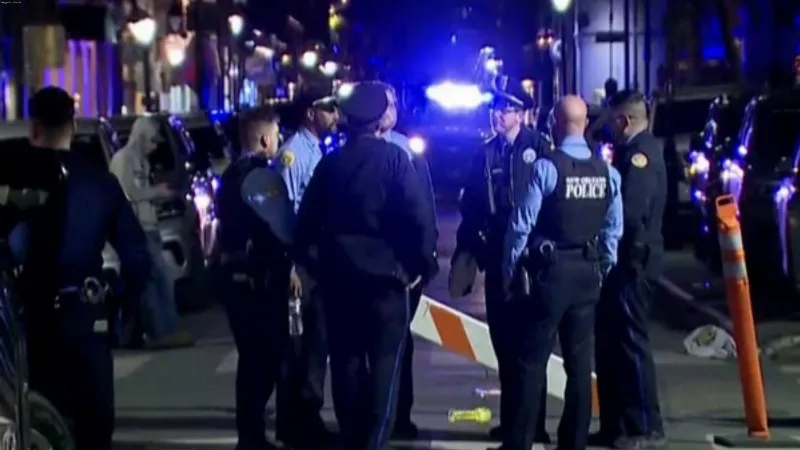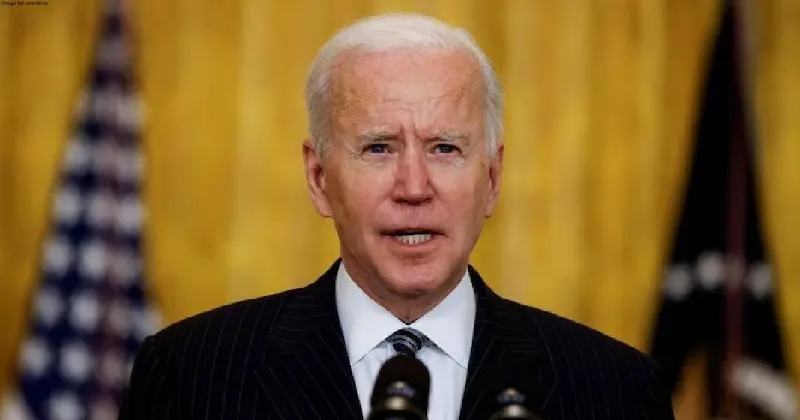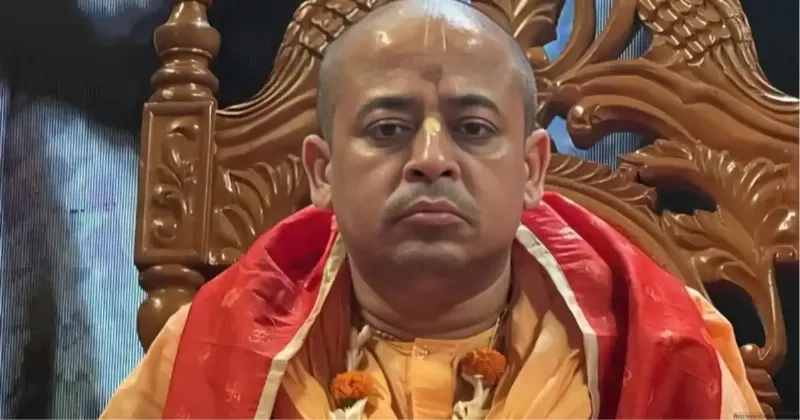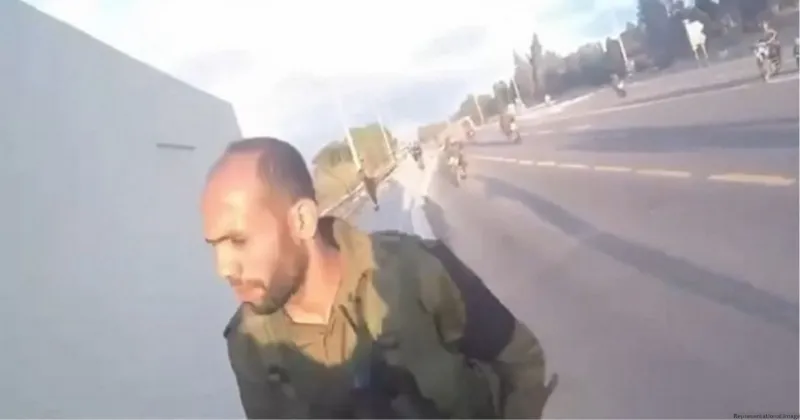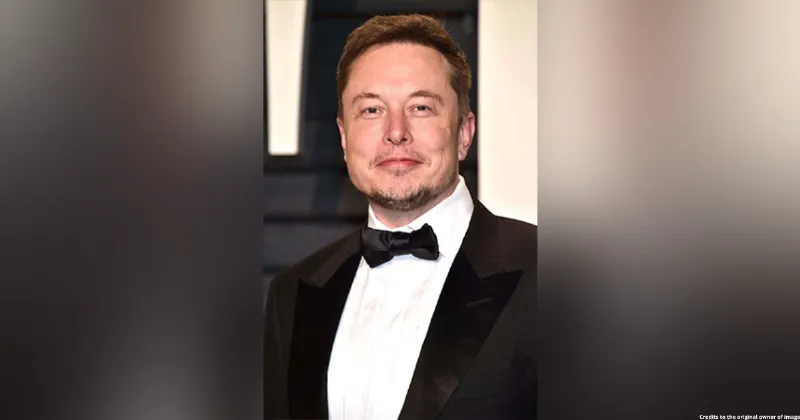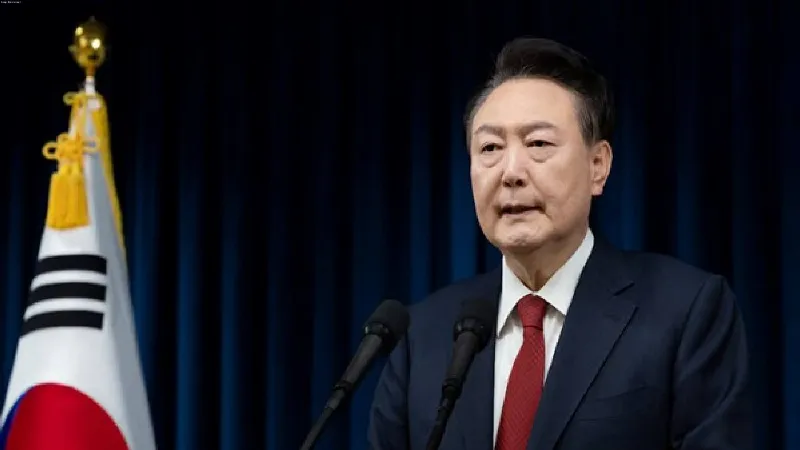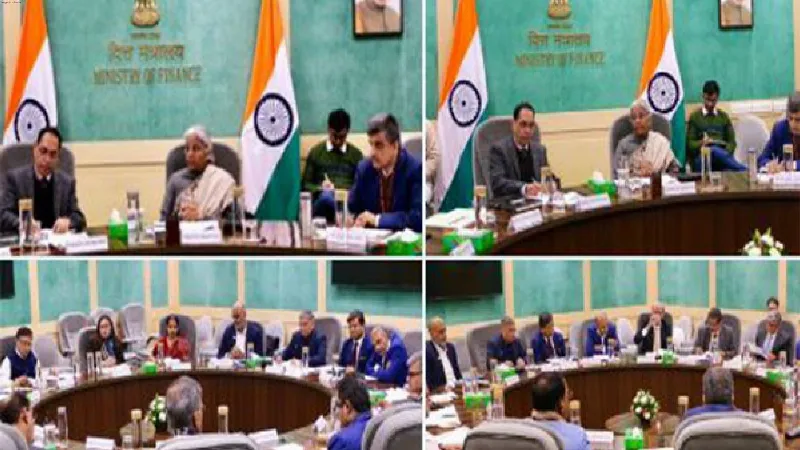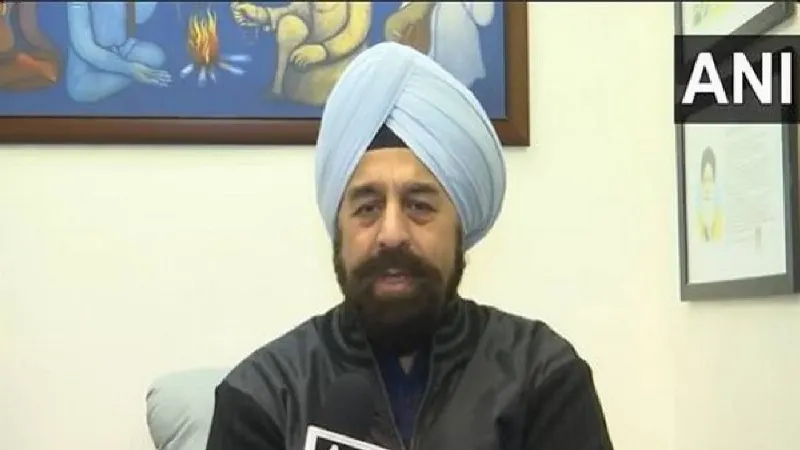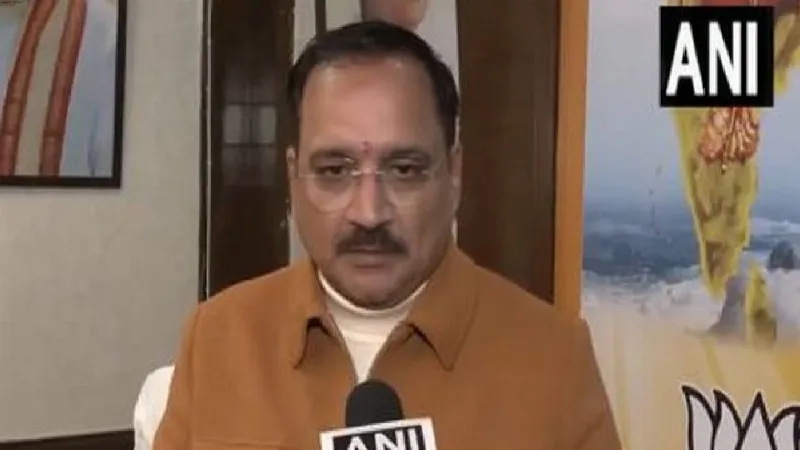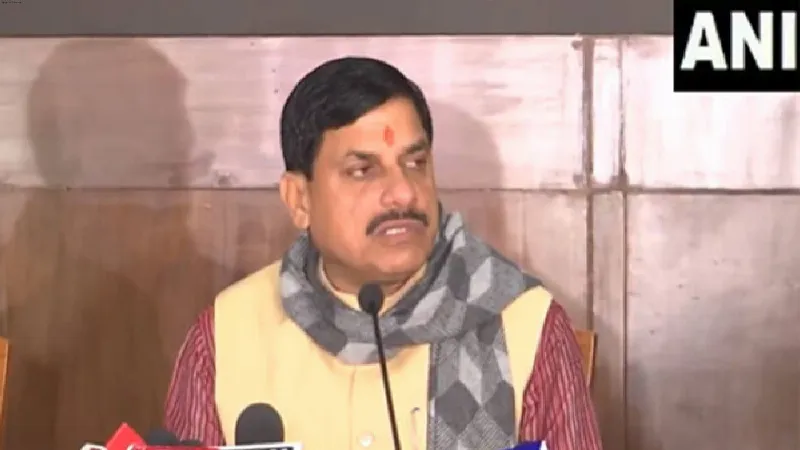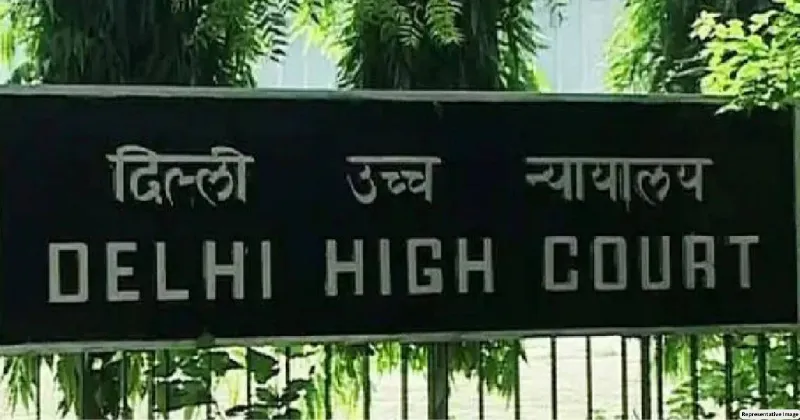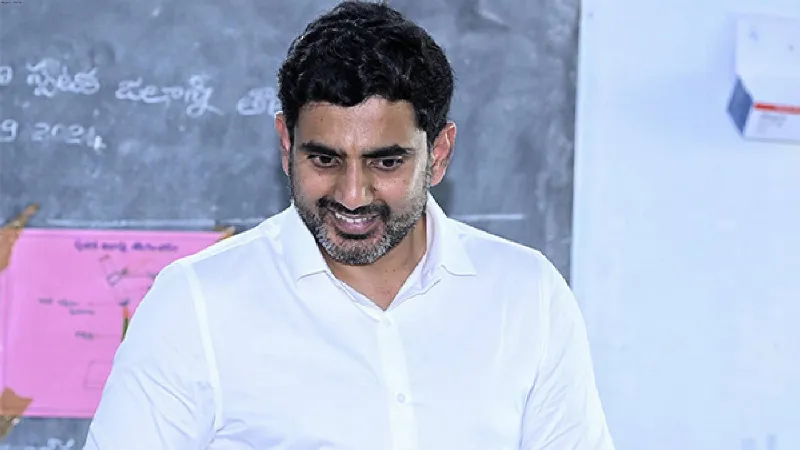Silicon Valley: Tech aids to US Presidential campaign
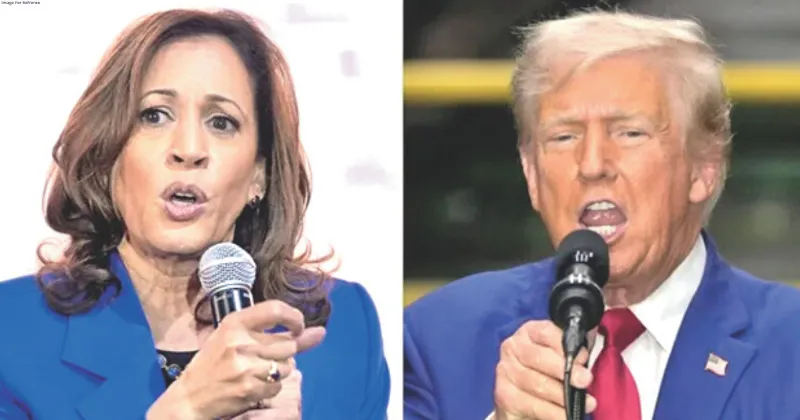
In the US presidential race, apart from Vice President Kamala Harris and former president Donald Trump, the only other person garnering the media spotlight is the world’s richest person, tech billionaire Elon Musk. Musk made a presence at Donald Trump’s recent event in Butler, Pennsylvania, and pictures of him euphorically jumping on stage have added fuel to the fire.
So is Musk the only one doing so? Certainly not. Let us look at how some of tech funding is flowing in these elections.
Venture capitalists across the US and especially in California, the home to Silicon Valley, have pledged a lot of support for Kamala Harris. According to the Associated Press, more than 700 VCs have pledged support for Harris via the movement, ‘VCs for Kamala,’ and they will match tech support the Trump Campaign gets from Elon Musk and former PayPal CEO Peter Thiel.
The Winklevoss twins, who had a run-in with Mark Zuckerberg of Meta in the early era of the company have pledged their support for Trump’s campaign. Silicon Valley heavyweight investor in Shark Tank Mark Cuban, LinkedIn co-founder Reid Hoffman, and angel investor Vinod Khosla have all openly supported Harris and have been vocal but not seen everywhere.
Technology companies, like many other corporations, not funding election campaigns? They do and this isn’t a secret, so why is Musk garnering so much interest? “Well, it is a media spectacle and nothing else. He is a character who evokes sentiments, likes to be in the limelight and he is getting the same,” says New York-based Ben Wizner, Director, the American Civil Liberties Union. “We have had in the past companies supporting candidates in a proxy manner as they can’t do it monetarily as per the law; Musk is doing the same, but he likes to be in the news, and his presence that isn’t banned in the election rules gives him a great opportunity to make the most of the situation.
He adds, that a lot is at stake for these companies, for example, the technology lobby groups have been trying hard to revoke section 230 of the Communication Decency Act which stipulates that technology companies are not responsible for the content of their users.
While companies cannot endorse candidates in presidential races, they pledge support to the Political Action Committees (PACs) and their employees who as individuals support these PACs and help campaigns. The most talked about donation despite not being the biggest is USD 45 million each month to PAC America.
“This support can’t guarantee direct help, but it certainly can slow down the action process on the part of the government,” says pollster Andre Claster, who works on the democratic campaign. He adds, “The political memory of people fades fast, few would remember that one of Facebook’s cofounder Chris Huges, endorsed the Obama Campaign. He did resign from the official post of the time but still was the company’s co-founder.”
Musk is certainly an addition to the list, but can they change the outcome? “There is nothing that can prove if these involvements help a campaign or not, but one should remember that in his 2016 campaign Trump via Cambridge Analytica did use FB to run campaigns that impacted black voter turnout in key battleground states of Wisconsin and Michigan,” concluded Claster.



